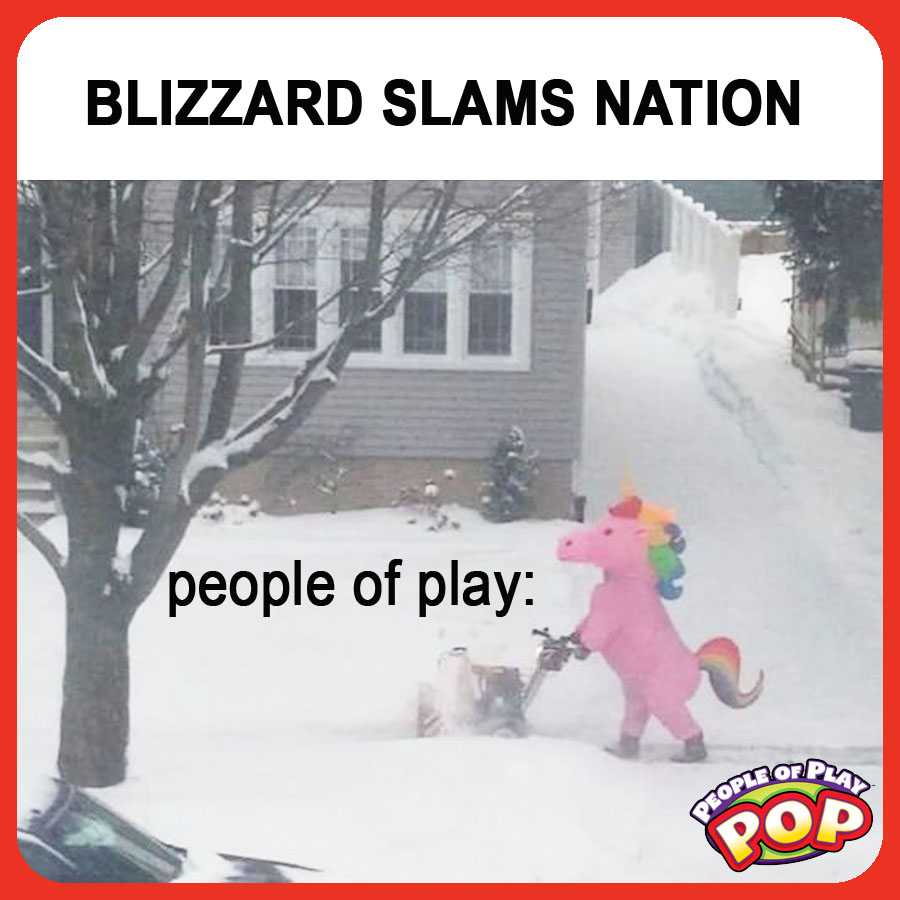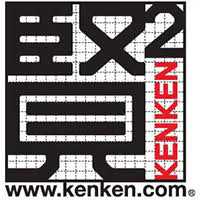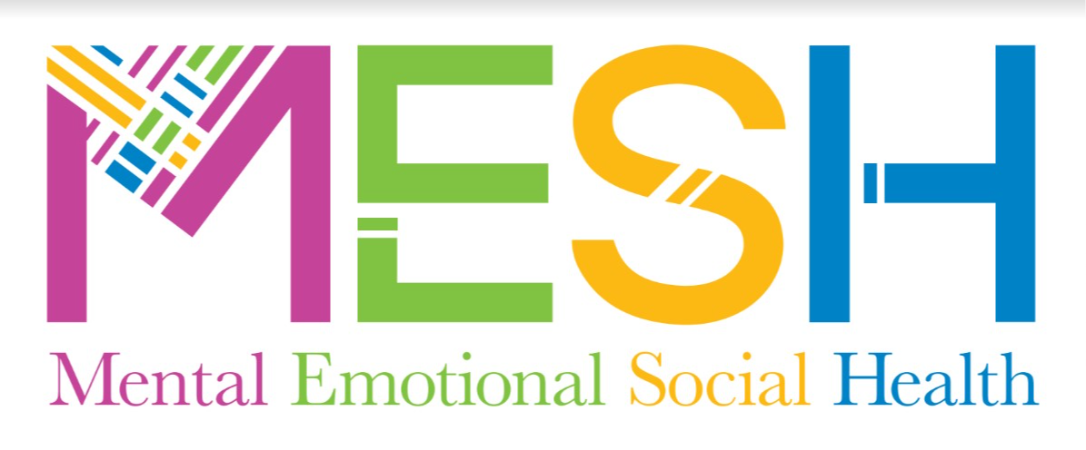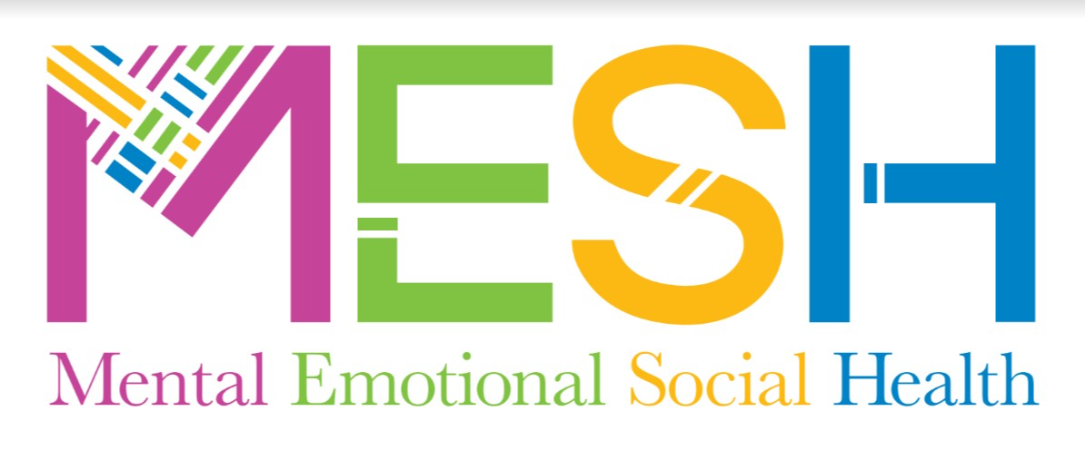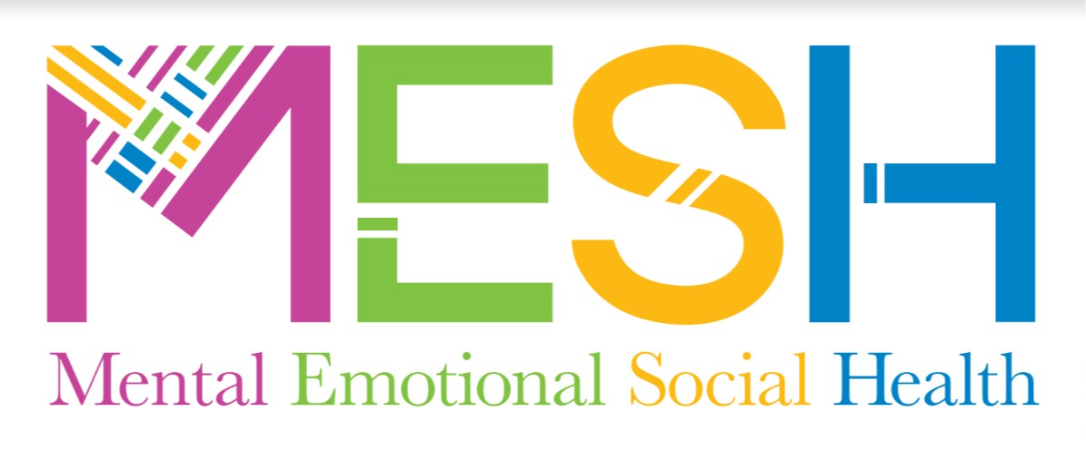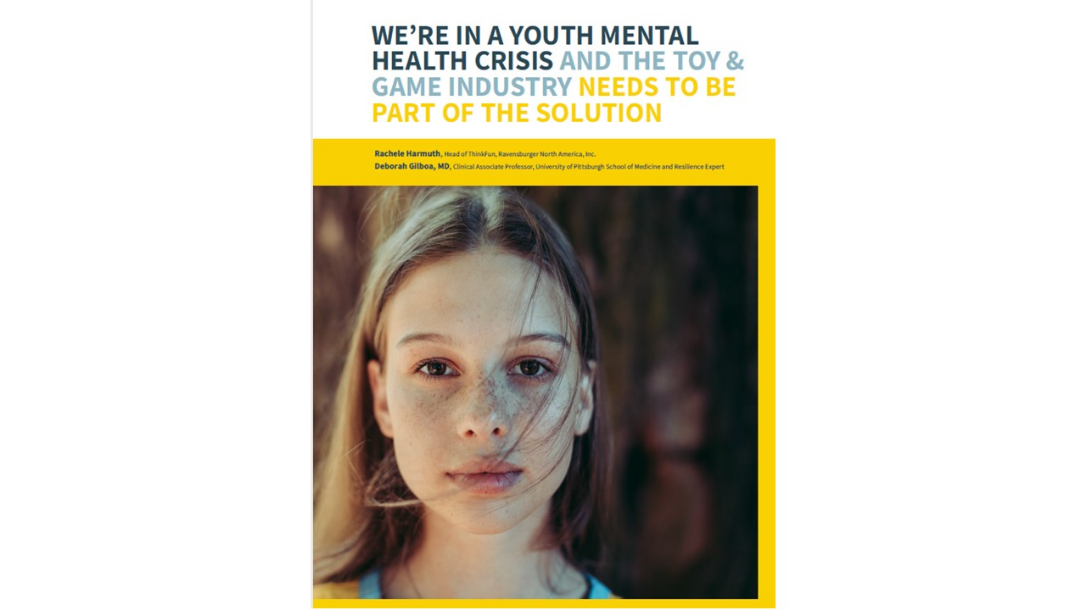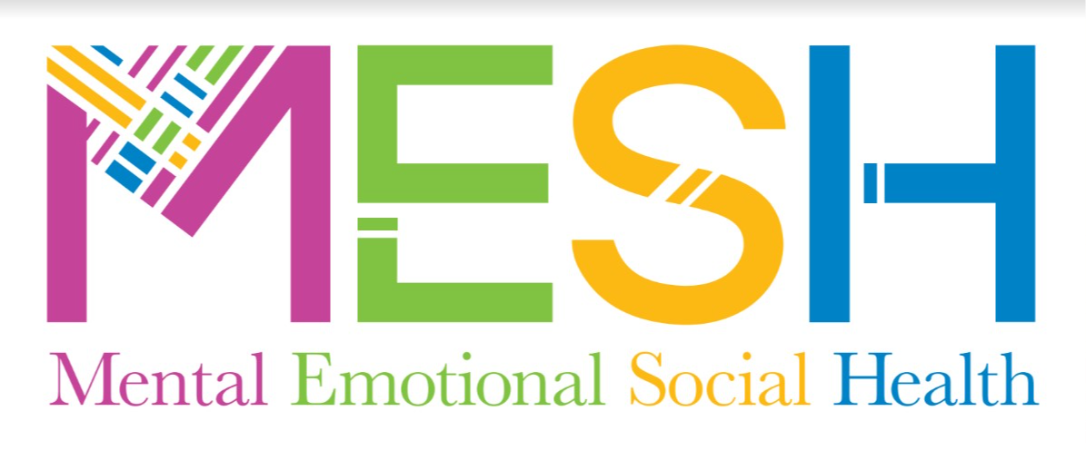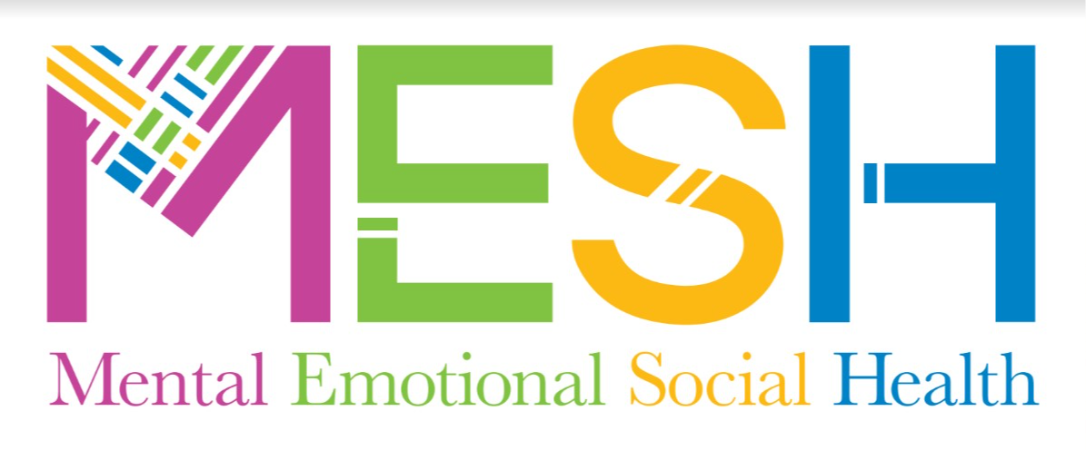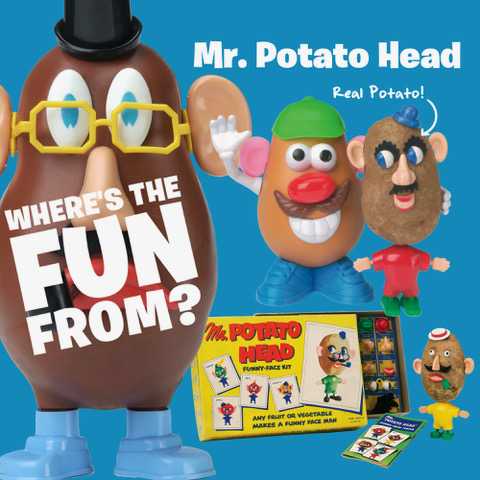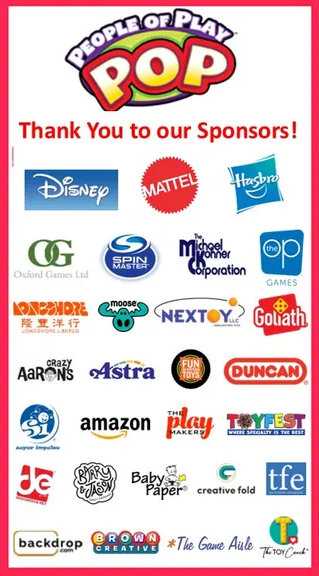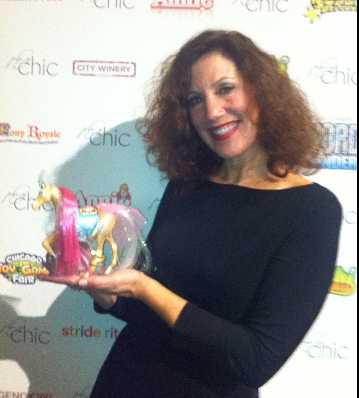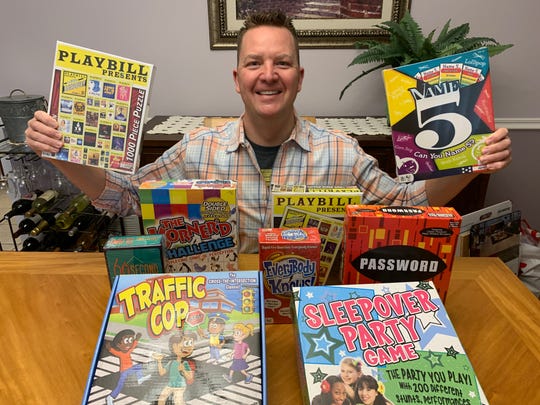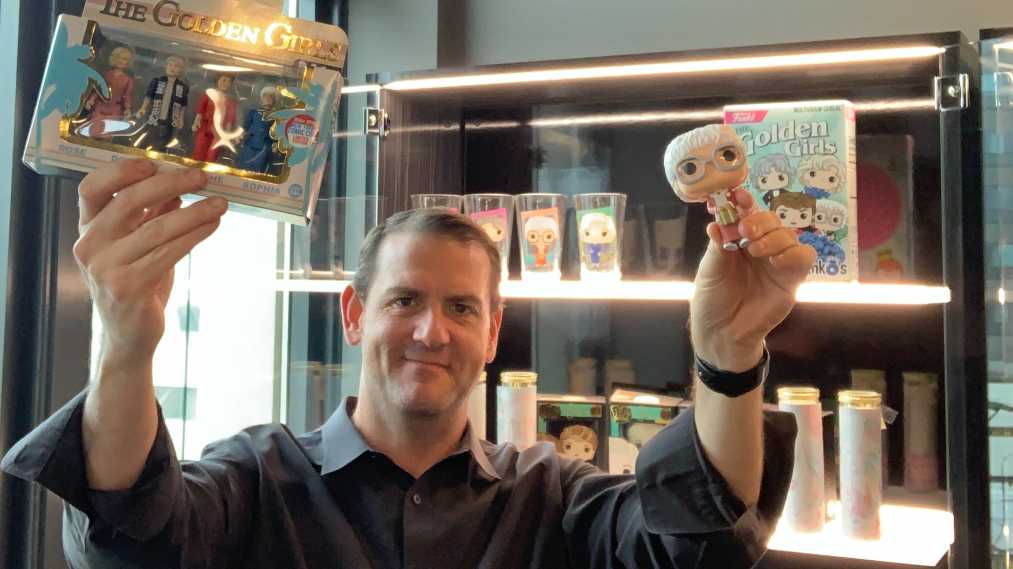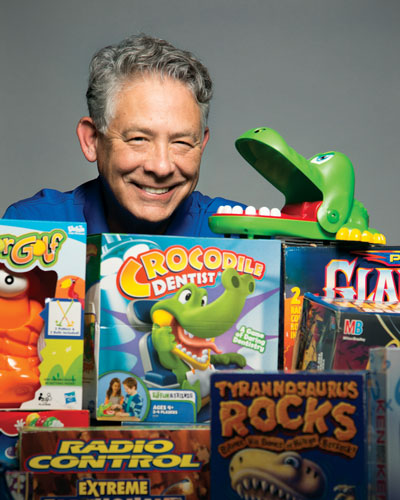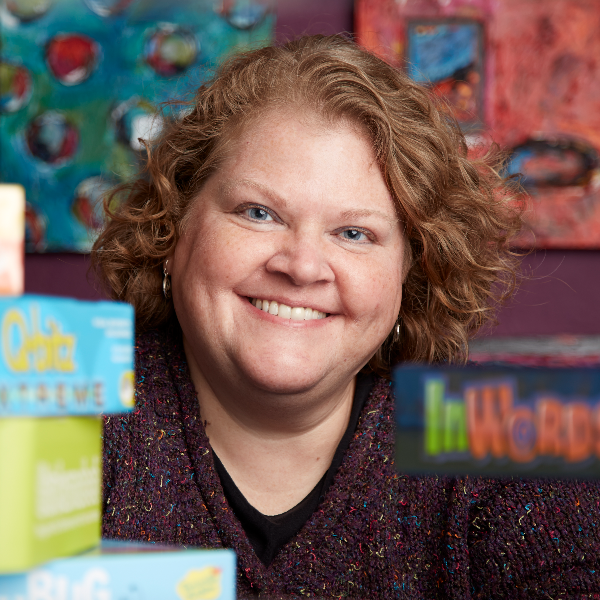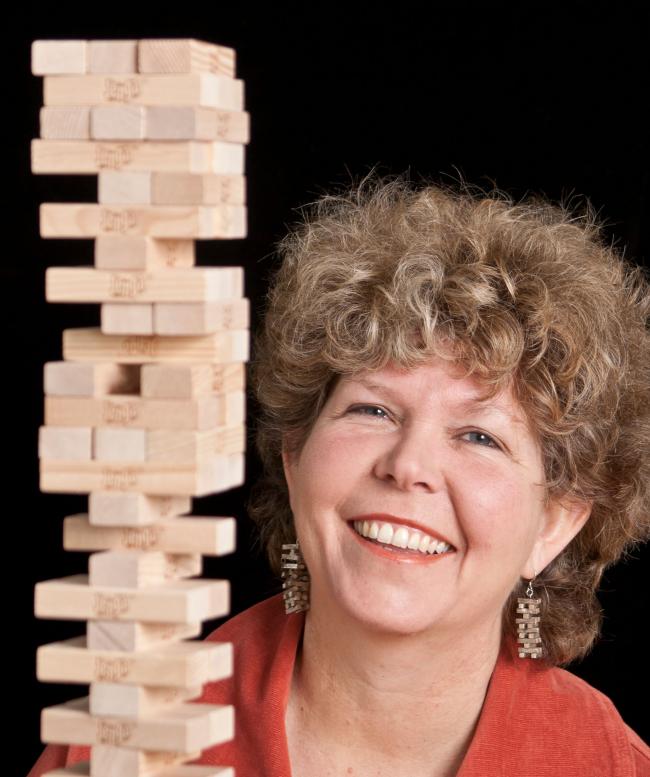Increasing Challenges with MESH Helps
MESH Helps started with a question, “How can we strengthen the skills kids need for their mental, emotional, and social health and build resilience through play?”. ThinkFun inaugurated this initiative in partnership with resilience expert, Dr. Deborah Gilboa who prepared research and built the MESH White Paper.
MESH Helps is proud to be a nonprofit organization as of December 2023 with a mission to help kids build resilience through play.
This weekly column will share insights on MESH Accreditation and provide details on the MESH play patterns to select and submit products for evaluation during the pre-order sale through May 17, 2024. This week’s column share’s insights on one of four play patterns: increasing challenges.
Providing opportunities for kids to face and understand challenges is important to help process and overcome hardship. Children face new and growing challenges at every age and stage of development which is why kids need to take on tasks and activities that encourage competence to increase their confidence for resilience. Each challenge - environmental, activity-based, educational, etc. - is a building block rather than a stumbling block for kids to grow from experiences big and small.
Increasing Challenges as defined by MESH encourages the skills needed to adapt and comprehend which are critical skills of mental, emotional, and social health.
We recommend using the 4 play patterns as a guide to select and submit products for MESH Accreditation. Through the research and expertise from Dr. Gilboa and the accreditation framework built by Dr. Amanda Gummer, founder of FUNdamentally Children, we found that a majority of toy and game products within these play patterns encourage multiple skills of resilience. To pass MESH Accreditation, products must intentionally develop at least two MESH skills of resilience by design, feature, and/or instruction to pass evaluation. The following play patterns are a good reference for selecting products for MESH Accreditation:
- Overcoming Obstacles - Encourages the skills needed to identify and solve problems
- Example MESH Skills: problem solving, cognition, adaptation, perseverance
- Storytelling - Encourages the skills needed to express experiences
- Example MESH Skills: communication, self-advocacy, adaptation, cognition
- Increasing Challenges - Encourages the skills needed to adapt and comprehend
- Example MESH Skills: perseverance, adaptation, self-regulation, cognition
- Bridging Play - Encourages children and adults to play together and connect
- Example MESH Skills: communication, conflict resolution, self-advocacy
FUNdamentally Children is the expert third-party accrediting body for MESH Helps which is led by Dr. Amanda Gummer with over 20 years' experience in child behavior development and a PhD in Neuropsychology. The organization provides an independent, evidence-based approach to testing and accreditation. Each product submitted for MESH Accreditation will be reviewed by FUNdamentally Children staff that have credentials in child development and/or education.
Pre-orders for MESH Accreditation end on May 17th and are prioritized for review. Products can be delivered to FUNdamentally Children in the US or the UK by May 31st. MESH Accreditation reviews for pre-orders will be completed by September for holiday marketing. Check out the MESH FAQs Sheet for more information.
Will you be at ASTRA’s Marketplace & Academy or Toymaster trade shows? Contact info@MESHhelps.org if you would like us to stop by your booth to learn more!
For more information on the MESH Accreditation Program, please visit www.MESHhelps.org/accreditation or email info@MESHhelps.org.
Related Blogs
Recent Blogs

Reviews
Toy Review: Crazy Aaron's Thinking Putty, Land of Dough, & Slime Charmers

Press Release
GPI Partners with Kawakids to Bring Advanced Manufacturing to the North American Market
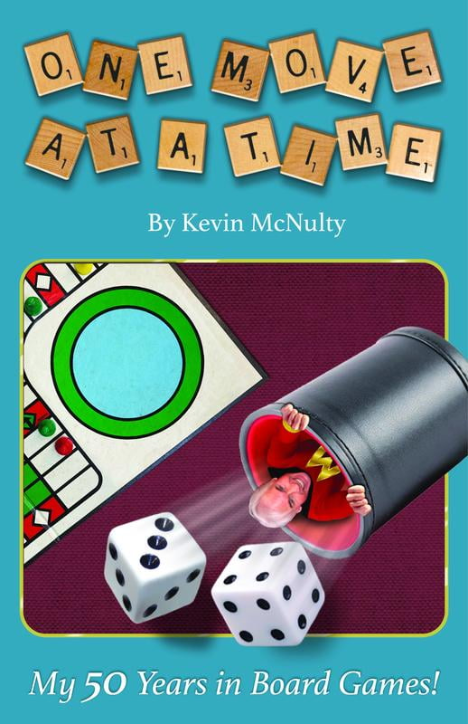
Reviews
BOOK REVIEW: One Move at a Time by Kevin McNulty

Press Release
CARVE COMMUNICATIONS HOSTS CARVE-X @ TOY FAIR – EXCLUSIVE EVENT FEATURES HOTTEST TOYS AND GAMES FROM INDUSTRY LEADERS, CHALLENGER BRANDS, AND START-UPS
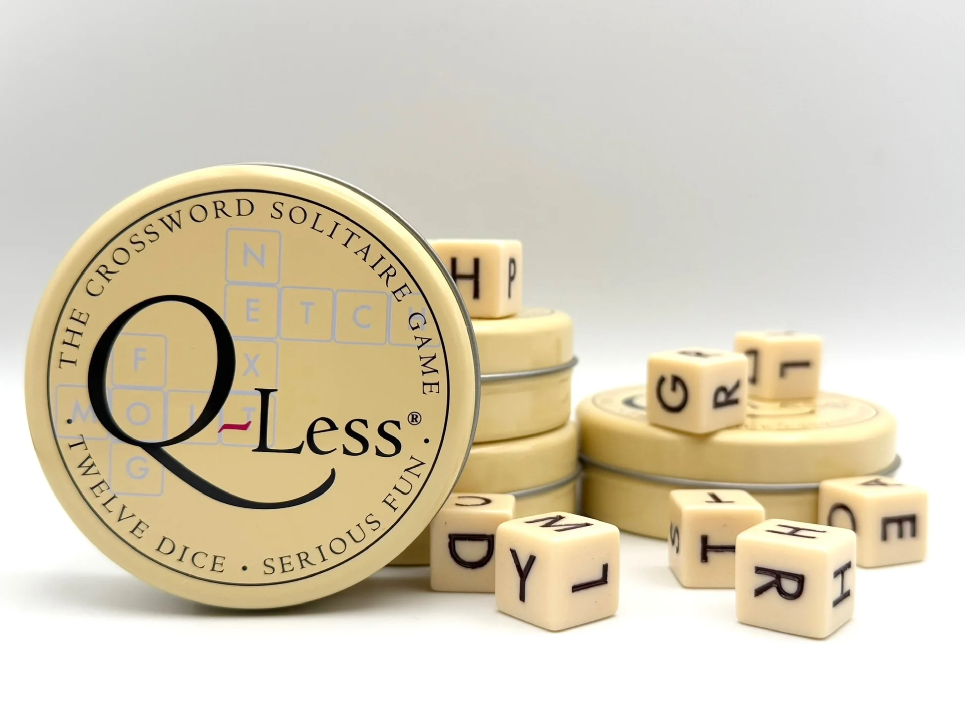
Reviews
Game Review: Q-Less
See more
Recent Wiki

PR and SOCIAL MEDIA
CARVE COMMUNICATIONS HOSTS CARVE-X @ TOY FAIR – EXCLUSIVE EVENT FEATURES HOTTEST TOYS AND GAMES FROM INDUSTRY LEADERS, CHALLENGER BRANDS, AND START-UPS
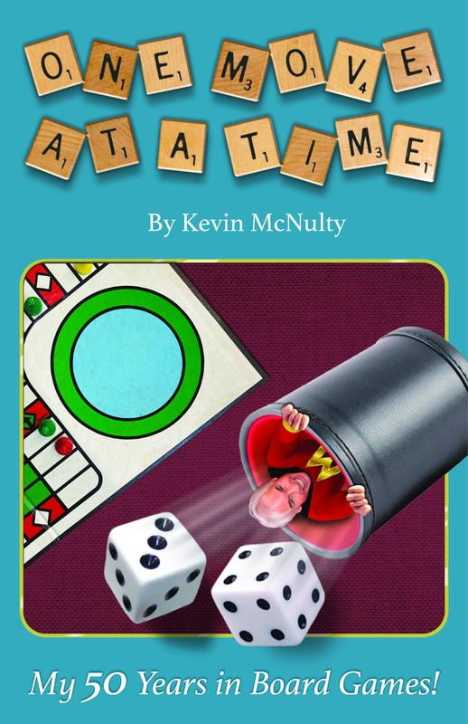
BOOK REVIEWS
BOOK REVIEW: One Move at a Time by Kevin McNulty

COMPANIES
GPI Partners with Kawakids to Bring Advanced Manufacturing to the North American Market

BOOK REVIEWS
Toy Review: Crazy Aaron's Thinking Putty, Land of Dough, & Slime Charmers

PEOPLE
Joe Kling Talks His Impact on the Industry, Career Highlights, and Advice to the Next Generation
See more
POP's Got Talent

POP Entertainment
Randy Klimpert Shares his Ukulele Collection
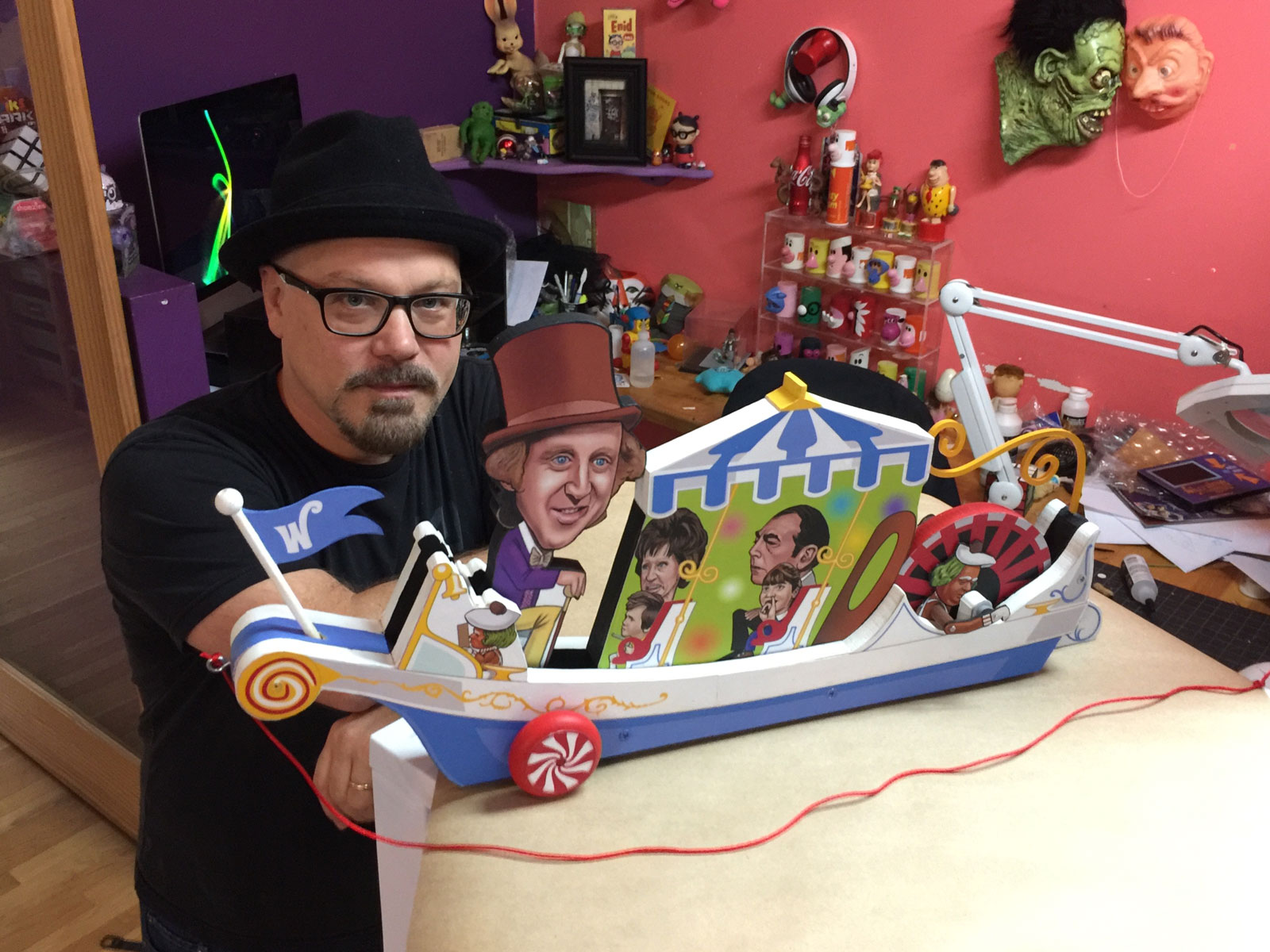
POP Entertainment
Steve Casino Peanut Art
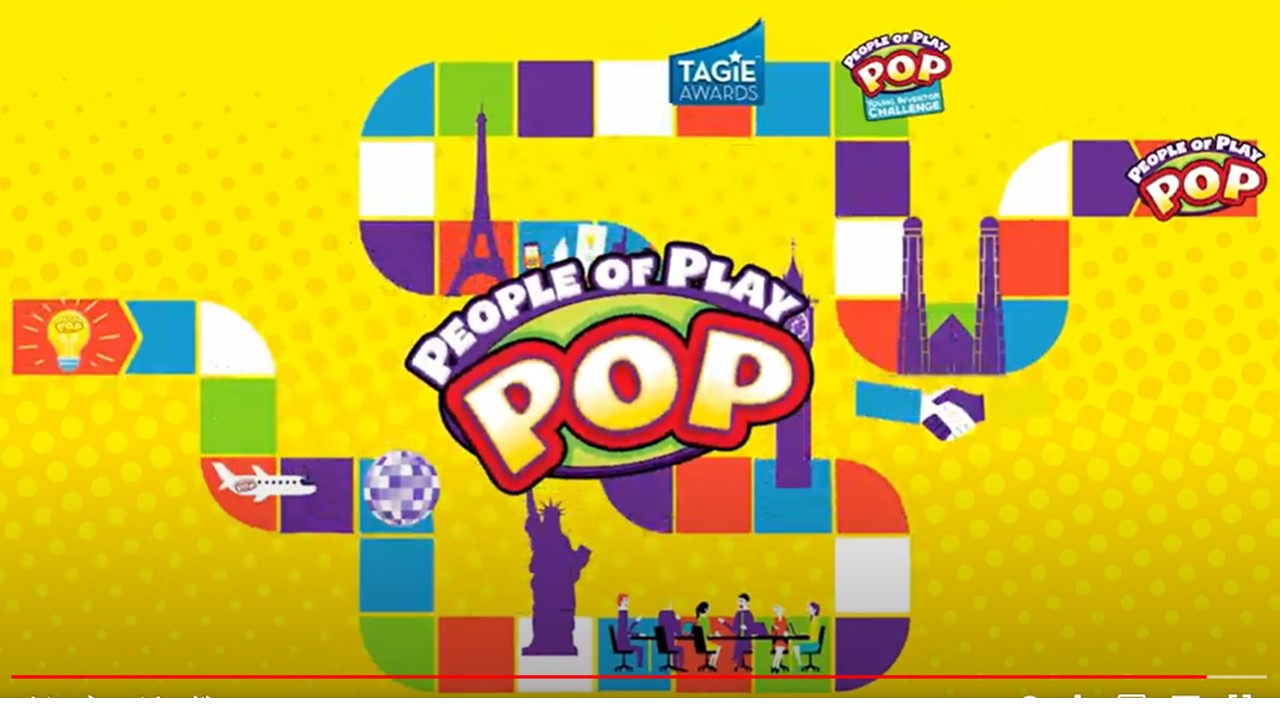
POP Entertainment
Everyone's Talking about POP!
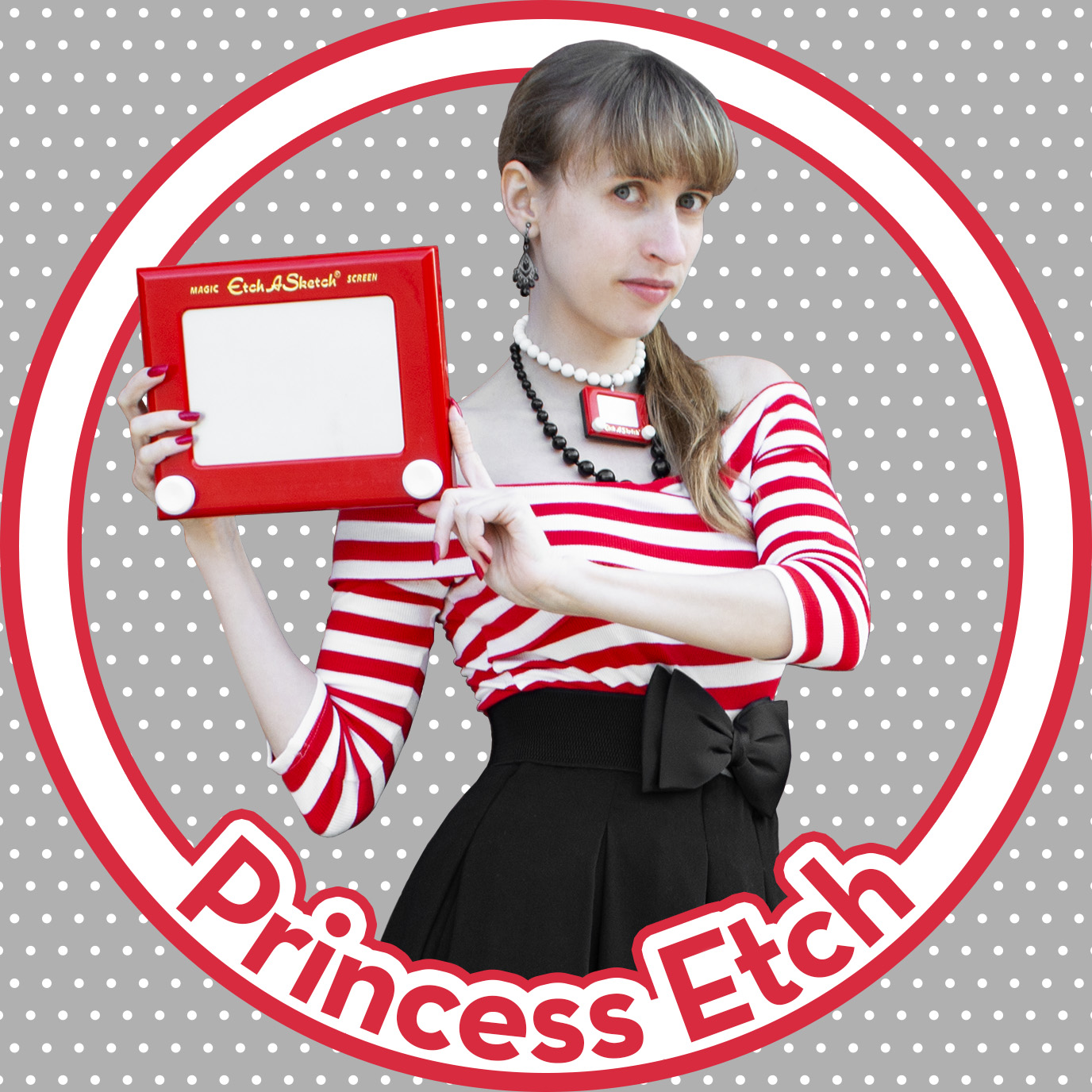
POP Entertainment
Princess Etch - a Multi-Talented Etch A Sketch Artist
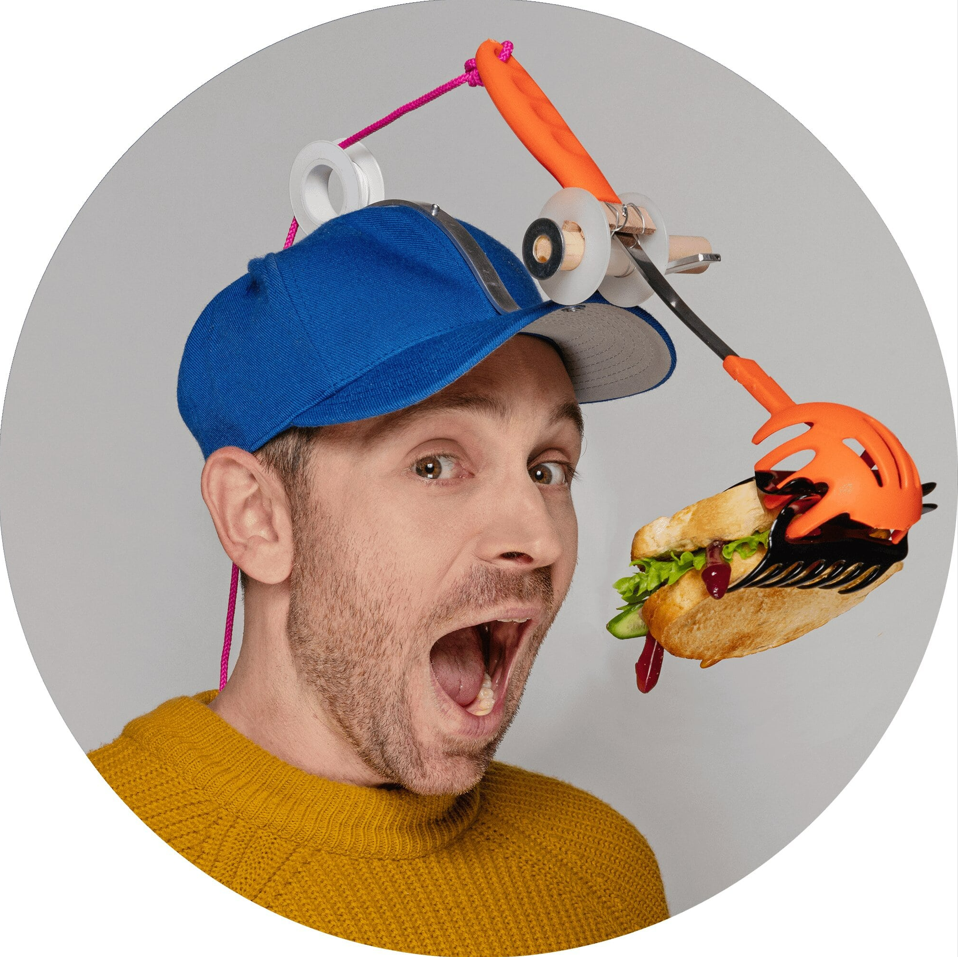
POP Entertainment
Joseph Herscher of Joseph' s Machines.
See more
Recent POPcast
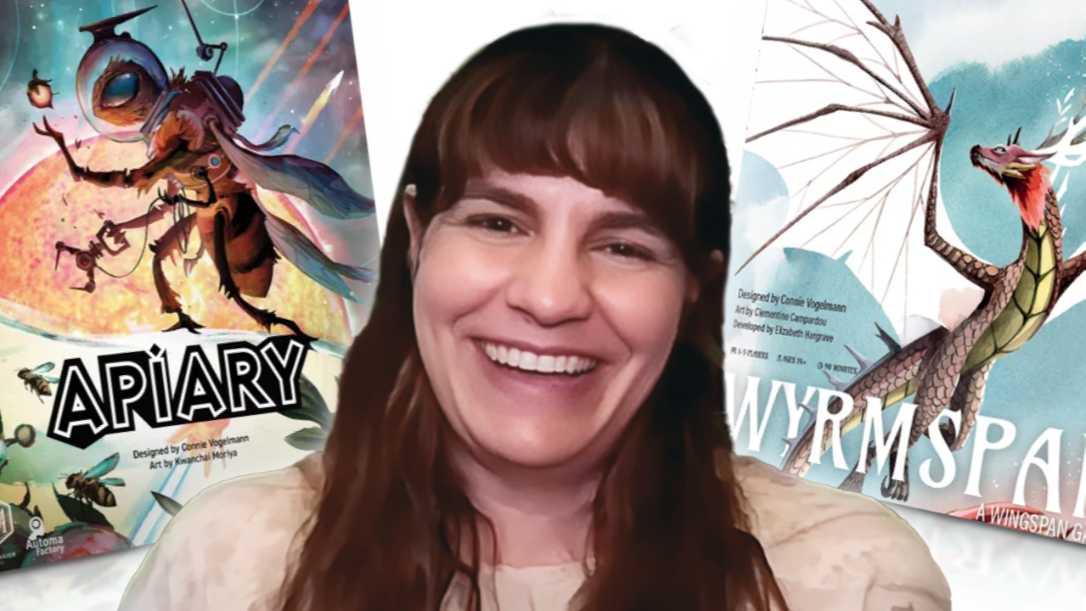
Hidden Role: The Brains Behind your Favorite Games
Connie Vogelmann designed Apiary & Wyrmspan!

Hidden Role: The Brains Behind your Favorite Games
Bob Fuhrer... Is THE Crocodile Dentist!

Hidden Role: The Brains Behind your Favorite Games
Tom Dusenberry... Bought Atari, Wizards of the Coast, and Avalon Hill!

Hidden Role: The Brains Behind your Favorite Games
Matt Leacock created Pandemic... the game!

Hidden Role: The Brains Behind your Favorite Games
Scott Brown and Tim Swindle... are Launching a New Sport!
See more
POPDuos

POPDuos: Interviews with Legends and Leaders
POPDuo: Richard Dickson, Mattel’s President & COO, and Kedar Narayan, Young Inventor Challenge AMB

POPDuos: Interviews with Legends and Leaders
POPDuo: Will Shortz and Josh Wardle

POPDuos: Legends and Leaders Explore Creativity
POP Duo: Elan Lee, Co-Founder, Exploding Kittens.and Jeff Probst, Host and Exec Producer, Survivor

POPDuos: Legends and Leaders Explore Creativity
POP Duo: David Fuhrer, MNG Director, Blue Sq Innovations & Shawn Green, past Dodgers & Mets MLB Star

POPDuos: Legends and Leaders Explore Creativity
POP Duo: Bob Fuhrer, Founder, Nextoy and Tom Fazio, Golf Course Designer
See more
